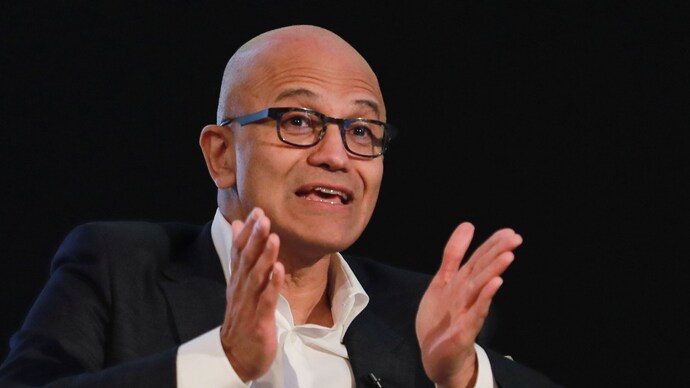Microsoft Faces Internal Backlash Over Email Censorship and Israel Ties
Microsoft is facing mounting criticism from its own employees over its alleged ties to Israel’s military and recent internal email censorship practices. The company has reportedly begun filtering internal emails containing terms such as “Palestine,” “Gaza,” and “genocide,” preventing them from reaching recipients on Microsoft’s Exchange servers.
This move was revealed by a group of pro-Palestinian Microsoft employees known as No Azure for Apartheid, who claim the filter was activated shortly after the company’s flagship developer conference, Microsoft Build 2025, was disrupted by an Azure engineer. While variations like “Israel” or “P4lestine” reportedly pass through unblocked, staff say the ban is evidence of growing restrictions on internal dissent.

The controversy has drawn criticism from both inside and outside the company. Brian Eno, the musician and artist who created the Windows 95 startup chime, has publicly criticized Microsoft for its role in “surveillance, violence, and destruction in Palestine.” In an Instagram post, Eno urged Microsoft to “suspend all services that support any operations that contribute to violations of international law.”
Microsoft has recently seen a string of protests from its employees. During CEO Satya Nadella’s keynote speech at Build 2025, a company engineer, Joe Lopez, interrupted the session to accuse Microsoft of complicity in Israel’s military actions. Lopez later wrote in an internal email shared on Medium, “I can no longer stand by in silence as Microsoft continues to facilitate Israel’s ethnic cleansing of the Palestinian people.”
Other employees have also spoken out against the company’s involvement in the Gaza conflict. Vaniya Agrawal, a US-based employee, interrupted Microsoft’s 50th anniversary event in front of top executives, stating that Microsoft’s Azure cloud offerings and AI developments form the technological backbone of Israel’s automated apartheid and genocide systems.
Microsoft has maintained that there is no evidence to suggest its tools have been used to target civilians in Palestine. However, critics remain unconvinced, pointing to the company’s contracts with Israel’s Ministry of Defense and a recent report claiming that the Israeli military has become one of Microsoft’s top 500 global customers.


